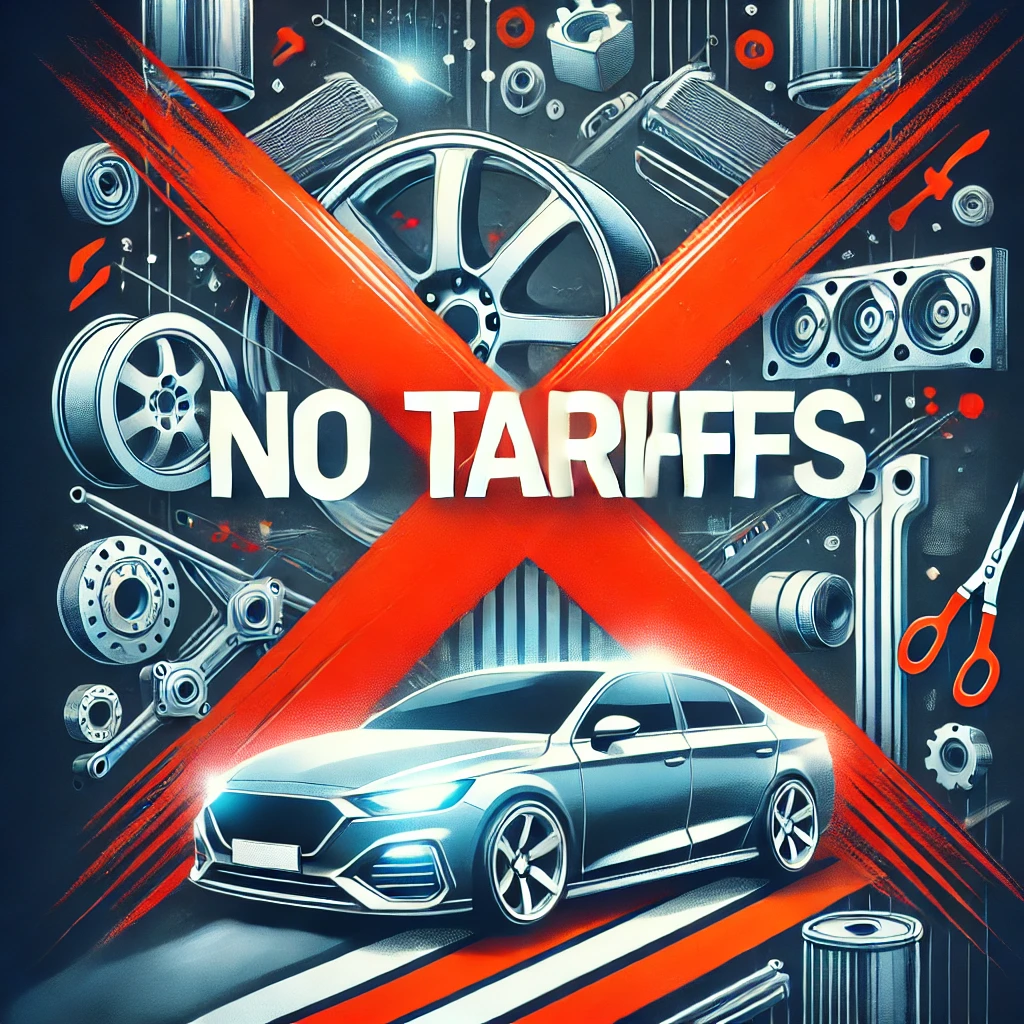Automotive Industry
The automotive industry is one of the most globally interconnected sectors, with supply chains that span multiple continents. When tariffs—taxes imposed on imported goods—are introduced or increased, they can have far-reaching consequences for manufacturers, suppliers, and consumers alike.
The Role of Tariffs in the Automotive Market
Tariffs are typically used as a policy tool to protect domestic industries, retaliate in trade disputes, or generate government revenue. In the automotive sector, they affect the cost of imported vehicles, raw materials, and auto components. For instance, steel and aluminum tariffs increase manufacturing costs, while tariffs on foreign vehicles directly impact pricing for consumers.
Impact on Automakers and Suppliers
When tariffs increase, automakers often face higher production costs. Since many vehicles are assembled from globally sourced parts, tariffs on materials such as aluminum, steel, or electronics can significantly drive up expenses. Automakers must then decide whether to absorb the cost, pass it on to consumers, or relocate production to avoid tariffs.
Suppliers in the automotive ecosystem also feel the strain. Companies that provide components such as exhaust systems, electronics, and drivetrains must deal with increased costs, which can lead to tighter profit margins and potential supply chain disruptions.
Effects on Consumers
For consumers, tariffs usually mean higher prices on vehicles and replacement parts. A tariff on imported cars can make foreign brands less competitive, pushing buyers toward domestic options. However, if domestic manufacturers rely on imported parts, those costs can still trickle down to consumers, negating the protective effect of tariffs.
Shifts in Trade and Manufacturing Strategies
To counteract tariffs, automakers may adjust their global strategies. This can include:
Reshoring or nearshoring production to avoid tariffs on imported vehicles and parts.
Exploring alternative suppliers from countries with lower trade barriers.
Lobbying governments for tariff reductions or exemptions.
Case Studies in Recent Tariff Actions
In recent years, U.S.-China and U.S.-EU trade tensions have led to fluctuating tariffs on auto components and raw materials. In 2018, the U.S. imposed tariffs on steel and aluminum, which affected both American and foreign automakers operating in the U.S. Some manufacturers, such as Ford and General Motors, attributed profit losses and price hikes to these tariffs.
Conclusion
Tariffs are a powerful tool that can reshape the automotive industry, influencing everything from production costs to consumer choices. While they are often implemented to support domestic manufacturers, their unintended consequences can disrupt supply chains and drive up prices. As global trade policies continue to evolve, automakers and suppliers must remain agile to navigate the challenges posed by tariffs

Tarrifs and Their Impact of the Automotive Industry
by
Tags:

Leave a Reply